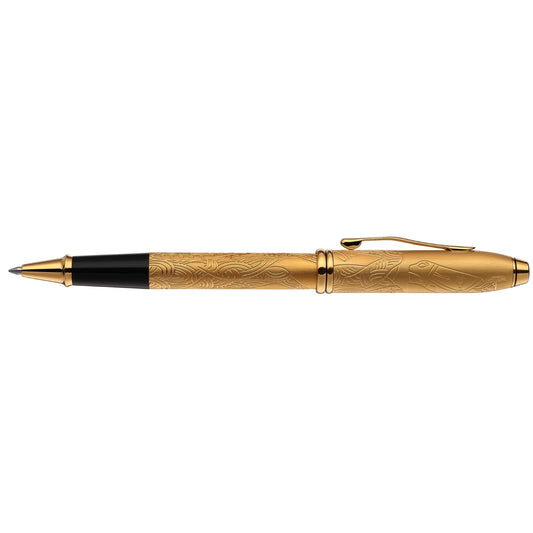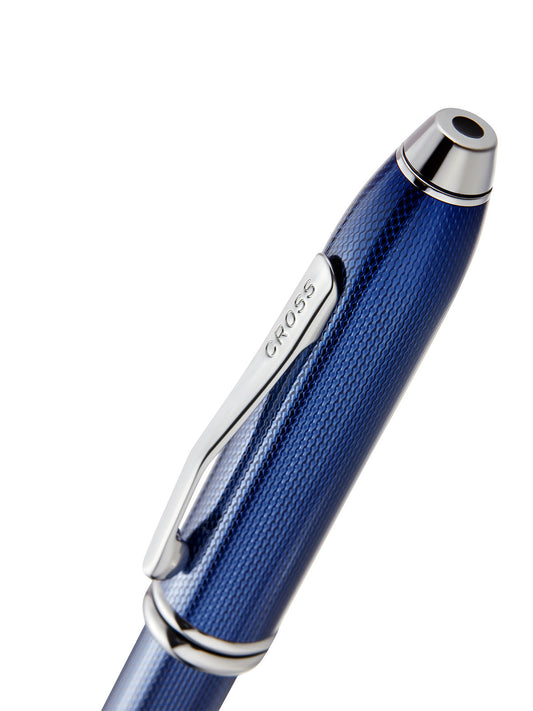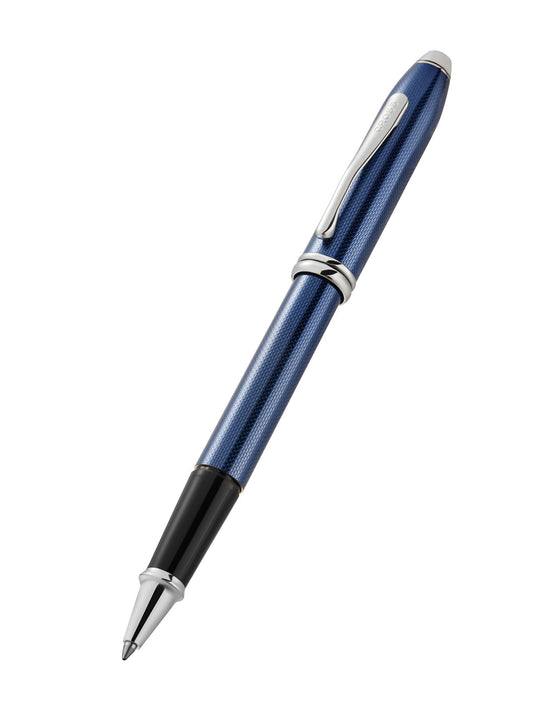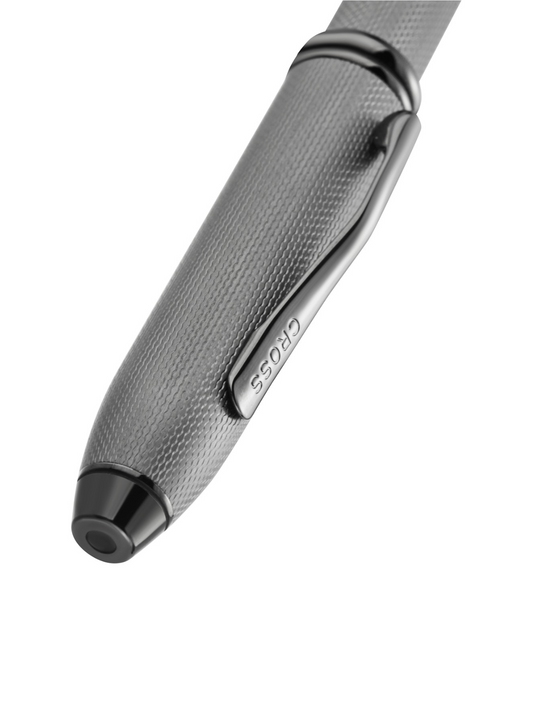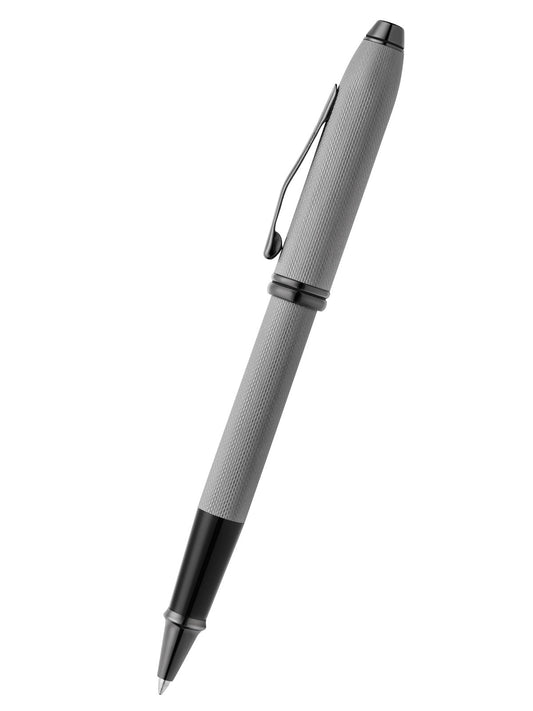HOW WRITING BY HAND CAN BOOST CREATIVITY AND FOCUS
In a world increasingly dominated by screens and keyboards, where typing often takes precedence over the traditional pen and paper, the art of handwriting may seem like a relic of the past. Yet, as we dive into a new academic year, it's essential to recognize that handwriting remains a powerful tool for college students and professionals alike. The practice of writing by hand offers significant advantages that can enhance your productivity, creativity, and focus. Let’s explore the benefits of handwriting and how integrating it into your routine can lead to academic and professional success.
The Cognitive Benefits of Handwriting: Retention and Comprehension
One of the most compelling reasons to embrace handwriting is its impact on cognitive function. Research has consistently demonstrated that writing by hand engages the brain in ways that typing cannot replicate. When you write by hand, you activate regions of the brain involved in thinking, language, and working memory. This engagement results in improved information retention and comprehension.
For college students, the act of taking handwritten notes can significantly boost learning outcomes. Studies have shown that students who write by hand tend to process information more deeply than those who type. The process of forming letters and words on paper requires more mental effort, which aids in encoding information into long-term memory. This deeper processing helps students understand and recall complex concepts more effectively.
Crafting lesson plans, grading papers, or writing feedback by hand can enhance the quality of teaching. The deliberate nature of handwriting allows educators to reflect more thoroughly on their content, leading to more thoughtful and engaging instructional materials. Additionally, students who receive handwritten feedback can find it more personal and insightful compared to digital comments.
Fostering Creativity Through Handwriting
Handwriting is not just about recording information; it's a gateway to creativity. Unlike typing, which can be mechanical and fast-paced, handwriting encourages a more thoughtful and reflective approach. The slower pace of writing by hand allows your mind to wander and explore ideas more freely. This can be particularly beneficial for students working on creative projects or tackling complex subjects.
When you write by hand, you create a unique connection between your thoughts and the page. This connection can facilitate a flow of ideas that may be stifled by the more linear process of typing. For instance, when brainstorming or drafting essays, the tactile experience of writing can help you generate and organize ideas more effectively. The physical act of moving a pen across paper can stimulate your brain in ways that promote creative thinking and problem-solving.
Professors and researchers also benefit from the creative potential of handwriting. Developing new curricula, writing research papers, or outlining projects can be more inspired and innovative when done with pen and paper. The freedom to sketch out concepts, jot down random thoughts, and make connections in a non-linear fashion can lead to breakthroughs and fresh perspectives.
Enhancing Focus and Reducing Distractions
Distractions are everywhere. Notifications, emails, and social media can easily derail your focus, making it challenging to concentrate on academic or professional tasks. Handwriting offers a solution to this problem by providing a more focused and intentional writing experience.
The tactile nature of holding a pen and the deliberate process of writing helps to center your thoughts. Unlike typing, which often involves multitasking and switching between tasks, handwriting demands your full attention. When you write by hand, you are less likely to be interrupted by digital distractions, allowing you to maintain a deeper level of concentration.
Moreover, the physical act of writing can help you organize your thoughts more effectively. When composing an essay or taking notes, the process of writing by hand encourages you to structure your ideas and arguments clearly. This organization leads to a more coherent and thought-out final product.
Cross Pens: The Perfect Companion for Academic Excellence
At Cross, we understand that having the right tools can make all the difference in your academic and professional journey. Our range of finely crafted writing instruments combines style and functionality, offering you a superior writing experience. Whether you're drafting a thesis, taking lecture notes, or grading papers, Cross Pens are designed to enhance your handwriting experience.
Cross Pens are renowned for their smooth and reliable performance. The balanced weight and comfortable grip of our pens ensure that you can write effortlessly for extended periods. This ease of use can make the process of handwriting more enjoyable and less taxing, encouraging you to incorporate it into your daily routine. Additionally, the elegant design of Cross Pens adds a touch of sophistication to your writing tasks, making each writing session a more pleasurable experience.
For students, having a high-quality pen can be a source of motivation. The simple act of using a well-crafted writing instrument can elevate your academic experience and inspire you to approach your work with greater enthusiasm. For professionals, a Cross pen is a symbol of excellence and attention to detail, reflecting your commitment to quality in all aspects of your work.
Integrating Handwriting Into Your Routine
As you prepare for the upcoming academic year, consider incorporating more handwriting into your daily routine. Start by setting aside time each day for handwritten notes, brainstorming sessions, or journaling. You might also experiment with different types of writing instruments to find the one that best suits your style and preferences.
One effective strategy is to combine handwriting with digital tools. For instance, you can take handwritten notes during lectures or meetings and then digitize them for easy access and organization. This hybrid approach allows you to benefit from the cognitive and creative advantages of handwriting while still leveraging the convenience of digital technology.
Another way to integrate handwriting is by using it for goal setting and planning. Writing down your academic and professional goals by hand can help clarify your intentions and reinforce your commitment. Creating handwritten to-do lists or action plans can also provide a tangible sense of progress and accomplishment.
Conclusion
In a world where digital technology often overshadows traditional practices, the art of handwriting remains a powerful tool with enduring benefits. Embracing handwriting can enhance your cognitive function, boost creativity, and improve focus, making it an invaluable practice for students and professionals alike.
As you begin another academic year, consider the advantages of incorporating more handwriting into your routine. With a Cross Pen in hand, you're not just writing; you're engaging in a practice that can unlock your full potential and elevate your academic and professional achievements.
Here's to a productive and inspiring semester! Embrace the power of handwriting and discover how it can transform your approach to learning, creativity, and focus. With the right tools and a commitment to this timeless practice, you can set yourself up for success and make the most of the opportunities ahead.





